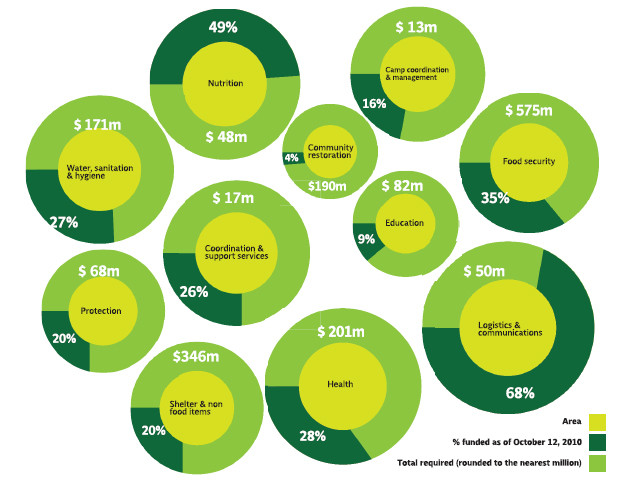Thousands vulnerable to militants’ machinations
Analysts worry that the economic effects of the floods may fuel religious extremism.

Thousands vulnerable to militants’ machinations
Analysts are worried that there is a very real possibility that this disaster will drive thousands, if not more, to fall prey to the machinations of militants.
According to a report published by the Jinnah Institute on the recent floods, international aid to Pakistan in the past has always been not linked to security issues, instead it always carried pre-conditions of good governance and anti-corruption-efforts.
The report Challenges and Opportunities After the Flood points out: “Many of the home-grown terrorists who have claimed civilian and military lives since the war on militancy began in 2001” come from some of the most economically insecure regions of Pakistan.
The international community, the report emphasises, needs to understand that the social profile of the Pakistani militant is nothing like the Faisal Shahzad ‘laptop’ bomber that only exists in the developed world: Taliban recruits are children who have been born and raised in extreme poverty.
The international donor community has been slow to respond to the flood appeal and there have been major shortfalls in meeting targets, with key exceptions.
According to Manuel Bessler, the head of Unocha in Pakistan, UN’s appeal for $2 billion for the humanitarian crisis in the country is far from fulfilled. What’s even worse is that the $700 million which have been pledged so far are yet to be delivered.
A delayed response to deprivations will fuel religious extremism, revitalise insurgents, creating conditions for further regional instability, the report points out. The international donor community wants to be sure that the resources they provide are spent effectively, which is understandable given the state of the international economy.
According to the report, the government cannot bring the population at risk above ‘starvation line’ on its own, let alone the poverty line, and that it will need sustained grant assistance as opposed to loans to achieve this.
If millions of people continue to be deprived of food for several months, as major crop and economic losses catch up with the country, thousands would have no other option but to accept militant assistance, argues the Head of QAU’s Defence Studies Department, Rifaat Hussain.
The disaster has already created an opportunity and space for jihadi organisations to get close to vulnerable young populace, particularly those taking shelter in relief camps.
Moreover, reports from Khyber-Pakhtunkhwa and southern Punjab indicate that militant-related relief agencies are providing aid to flood victims.
US Special Representative for Pakistan Richard Holbrooke has said that Pakistan is going to have to raise more resources internally as it is becoming clear that the flood reconstruction will require more resources than the international community can provide alone.
The report also points out that a government, which cannot look after its citizens during normal times, cannot meet extraordinary expectations to rescue its people from catastrophes.
The scale of the disaster is ultimately measured by the degree to which a community or population has been made vulnerable. And the failure to provide timely and effective humanitarian relief and long-term rehabilitation may take Pakistan to the edge of another precipice.
Published in The Express Tribune, October 21st, 2010.


1724319076-0/Untitled-design-(5)1724319076-0-208x130.webp)
















COMMENTS
Comments are moderated and generally will be posted if they are on-topic and not abusive.
For more information, please see our Comments FAQ